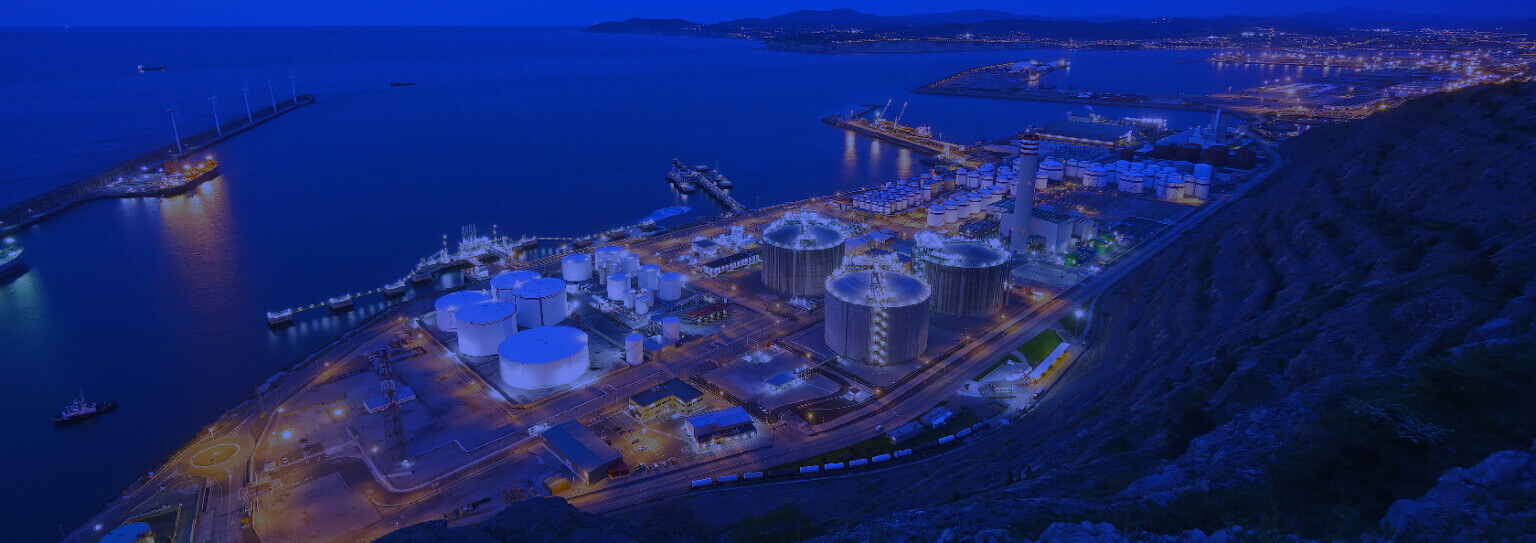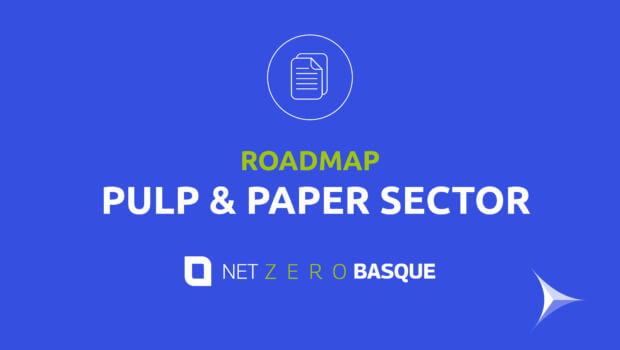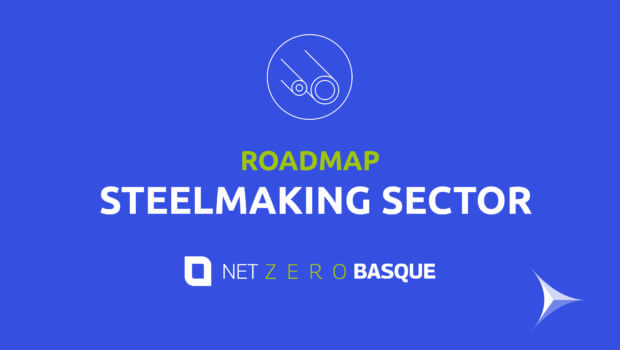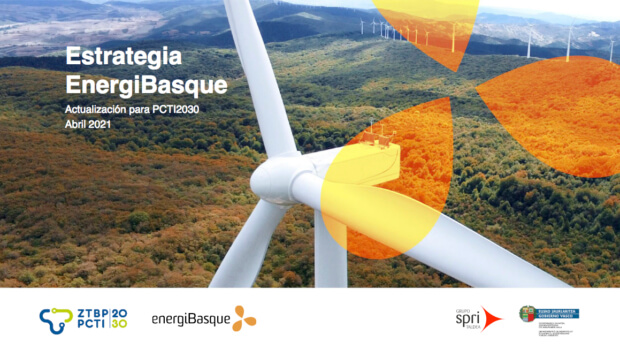Net-Zero Basque Industrial Super Cluster presented at Davos
Davos, the host city of the annual meeting of the World Economic Forum (WEF), has been the place chosen to unveil the Net-Zero Basque Industrial SuperCluster (NZBIS) as one of the 11 initaitives that are part of the WEF Transitioning Industrial Clusters Towards Net Zero project.
The WEF, EPRI and Accenture are thus seeking to accelerate the transition of the global industrial clusters towards Net Zero Emissions and generate a positive impact on the territory in social, economic and environmental terms.
The Net-Zero Basque Industrial SuperCluster was launched at the end of 2021 and presented at COP26, as one of the first 4 clusters signed up. The Supercluster seeks to accelerate the path to Zero Net Emissions in the Basque Country, by fostering the decarbonisation of the energy supply and energy efficiency in the main industrial sectors and, in turn, creating market opportunities based on the scaling up of new technologies and innovative services.
Driven by the Basque Government’s Ministry for Economic Development, Sustainability and the Environment through SPRI (the Basque Business Development Agency), the initiative includes the two leading energy companies of the Basque Country – Iberdrola and Petronor-Repsol – and has the collaboration of the industrial clusters. Specifically, the first phase has focused on working with the five areas with the highest greenhouse gas emissions in the region: refinery, cement, pulp and paper, steelmaking and casting.
In line with the WEF approach, it is estimated that, apart from mitigating the greenhouse gas emissions generated by the energy consumption of the industrial sector by 2050, the implementation of the decarbonisation measures identified by the initiative will have a favourable economic ipact on the GDP of the Basque Country of between €2-3 billion from 2030 onwards, and will create between 20-30 thousand jobs, which is equivalent to 2-3% of region’s total employment in 2021.
In order to present the global project and its initiatives, the WEF has prepared a report that analyses the development cycle of each of the industrial clusters in the four key levers: collaboration, technology, financing and policies.
The case of the Basque Country has been chosen to showcase one of the five phases of the progress of the clusters, the development phase of a strategy towards Net Zero Emissions. This strategy, and its approach based on public-private partnership, was unveiled as the sessions organised by the WEF in Bilbao in April 2022.
This strategy has a clear focus on technological development which was presented at the conference held in Houston (USA) in October on “Technological Alliances for Decarbonisation”, where the Supercluster delegation presented the technological projects of the initiative, including the Basque Hydrogen Corridor. Furthermore, this commitment to matching the decarbonisation needs of Basque industry with technological development has led to the signing of a partnership agreement with the EPRI, the US energy research institute.
The characteristics of the Net-Zero Basque Industrial SuperCluster initiative are in this extract of the document presented by the WEF in Davos.




